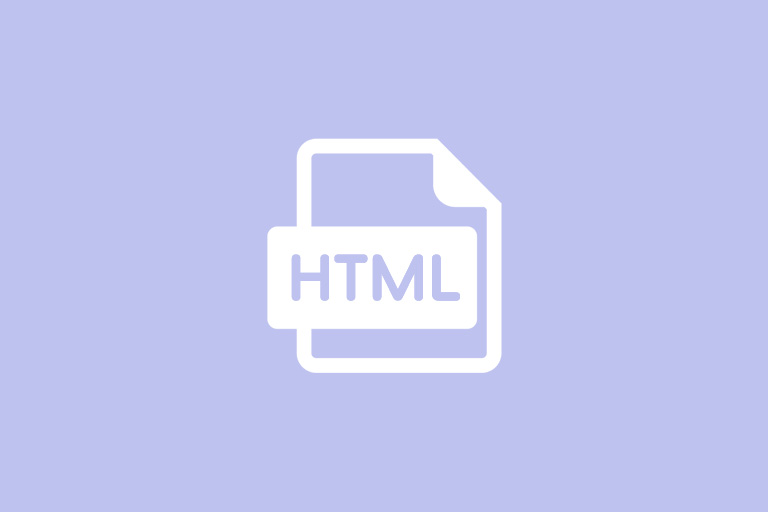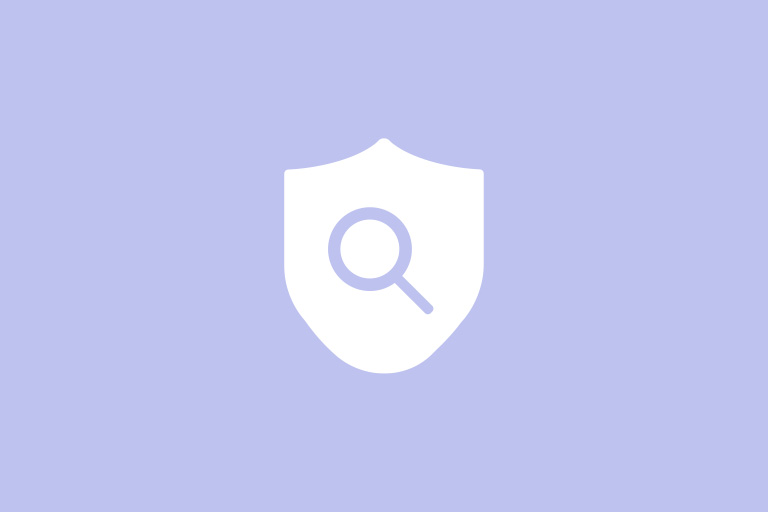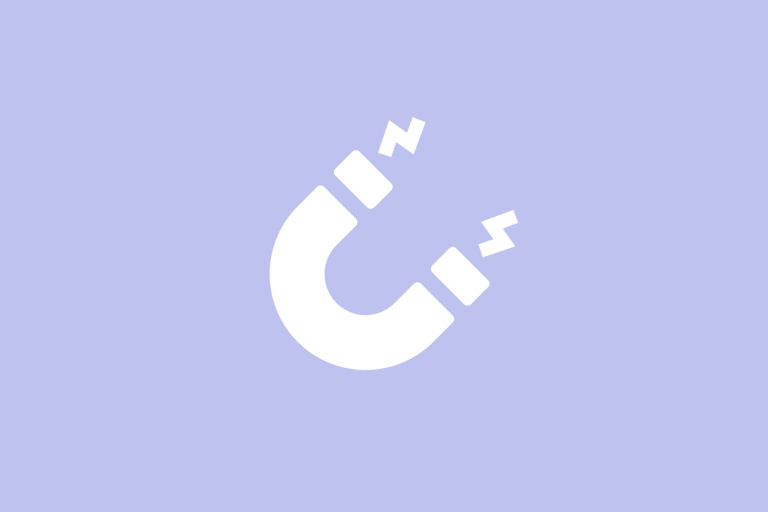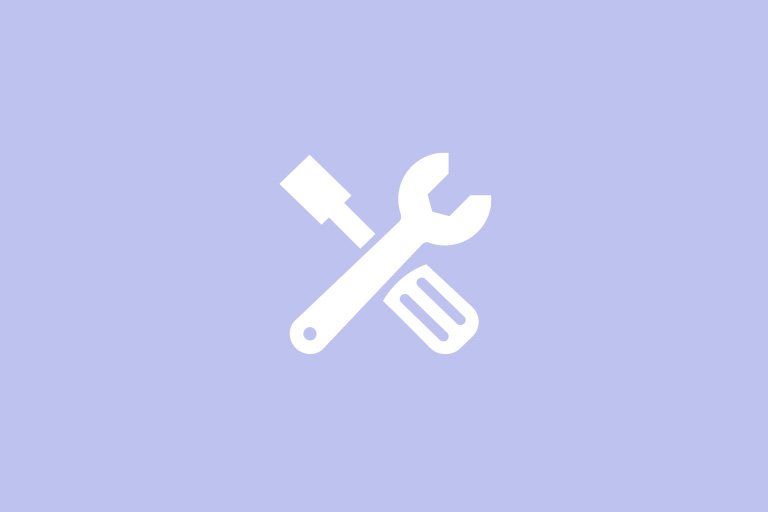1. Screaming Frog SEO Spider
Pros:● Extensive custom filters and JavaScript crawling capabilities.
● Seamless integration with Google Search Console and Google Analytics.
● Cost-effective auditing tool.
● User-friendly interface.
● Excellent for analyzing canonicals, headers, titles, and status codes.
Cons:
● Limited data visualization options.
2. Semrush
Pros:● Renowned for keyword research proficiency.
● Single dashboard ease of use.
● Robust technical SEO analysis.
● Simplified account setup and project management.
● Social media SEO integration.
Cons:
● Data provided is Google-centric.
● The free version is limited to one user.
● Additional user seats are costly.
● Basic filtering options.
3. Website Auditor
Pros:● Comprehensive page-by-page SEO audit for HTML code and structure.
● Integrates with Google Search Console and Google Analytics.
● XML sitemap generation.
● Built-in SEO techniques for quick audits.
● Internal linking checks for site structure visualization.
Cons:
● Complexity can be overwhelming for beginners.
4. Moz
Pros:● Wide array of features including technical SEO and backlink analysis.
● Domain analysis with DA and PA checking.
● Free and Moz Pro Suite options.
● Issue tagging and resolution tracking.
Cons:
● High cost, not suitable for beginners or those with limited budgets.
● Requires technical SEO knowledge.
5. Ahrefs
Pros:● Comprehensive SEO issue resolution with one click.
● Intuitive on-page report generation.
● HTML comparison and crawl capabilities.
● User-friendly interface.
Cons:
● No free trial.
● Limited report generation.
● Single account limitation.
● Restricted link indexing.
● Lacking customer support.
6. DeepCrawl
Pros:● Scheduling feature for continuous crawling.
● Detailed website analysis for performance and ranking.
● Speed, backlink, and link analysis during site migration.
Cons:
● Limited functionality.
● Less suited for in-depth technical SEO analysis.
7. OnCrawl
Pros:● Free trials without credit card requirements.
● Integration with Google tools.
● Organic traffic monitoring and enhancement.
● Broken link and duplicate content identification.
Cons:
● Less comprehensive than other auditing tools.
● Basic technical SEO analysis.
8. Sitebulb
Pros:● Enhances site structure and functionality.
● Data visualization for all metrics.
● Comprehensive page analysis.
● 14-day trial period.
Cons:
● Resource-intensive software, not suitable for low-spec systems.
9. JetOctopus
Pros:● Striking data visualizations.
● Custom segmentation and link exploration.
● Log file analysis.
● Directory insights.
Cons:
● Limited functionality compared to peers.
● No JavaScript crawling.
10. Audisto
Pros:● Categorization of issues (indexing, linking, ranking).
● URL cluster filters.
● Direct crawling comparisons.
● PageRank analysis and reporting.
Cons:
● No custom extraction.
● No integration with Google tools.
● Basic URL filtering.
Effortless Webpage Data Scraping: Octoparse
For those seeking an efficient and free webpage scraper, Octoparse is a standout choice. It's a Python-based scraping software that allows users to extract data without coding expertise. Octoparse is versatile, handling numerous websites without restrictions. It offers both cloud-based and local extraction options, with the ability to download data in various formats such as Excel, CSV, HTML, JSON, and databases.SEO is non-negotiable for achieving search engine prominence. SEO crawler tools provide invaluable insights into a website's performance and necessary improvements. The 10 SEO crawler tools discussed here represent the best options for 2022, each with unique features and benefits. SEO crawling is a critical step in understanding and enhancing your website's online presence.







